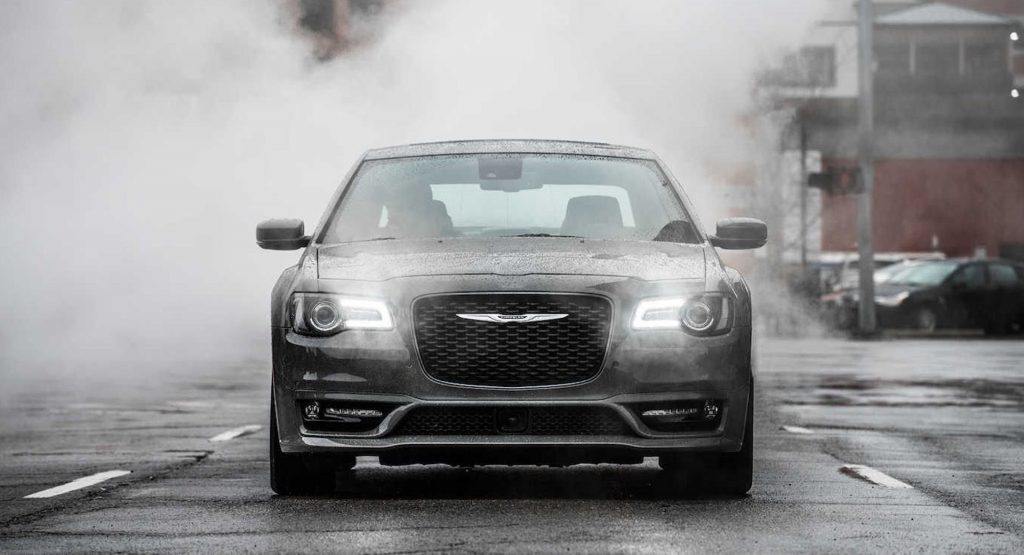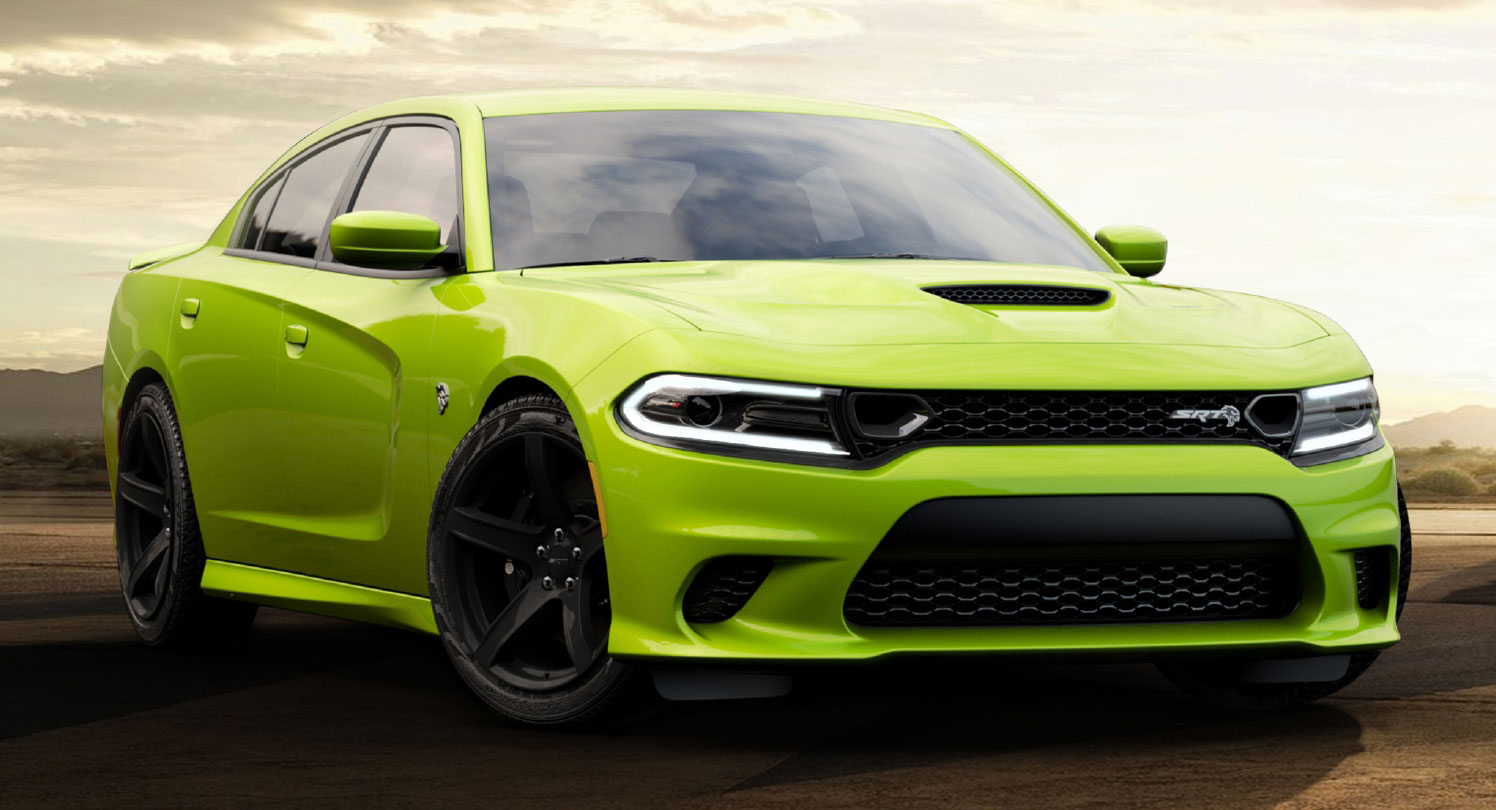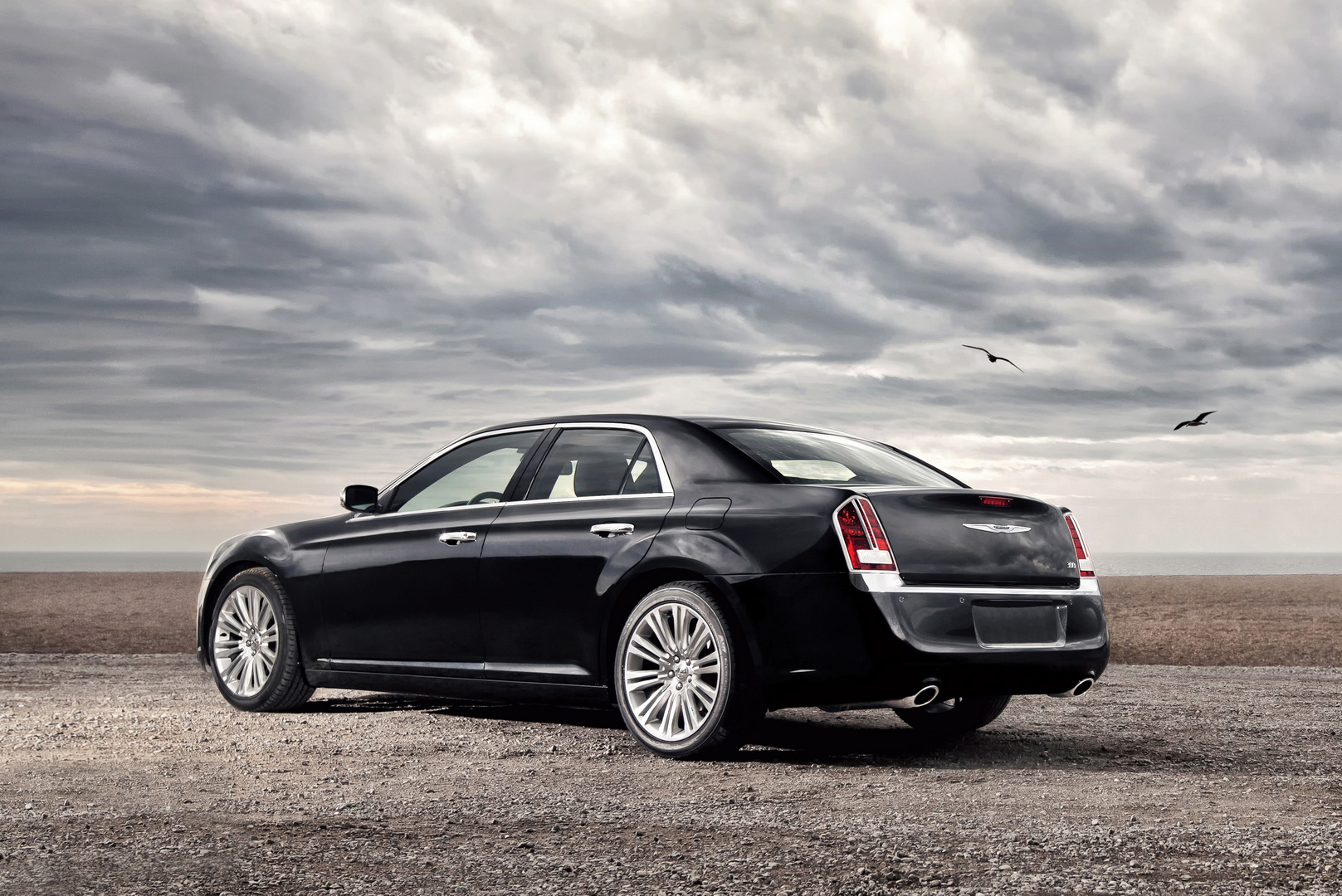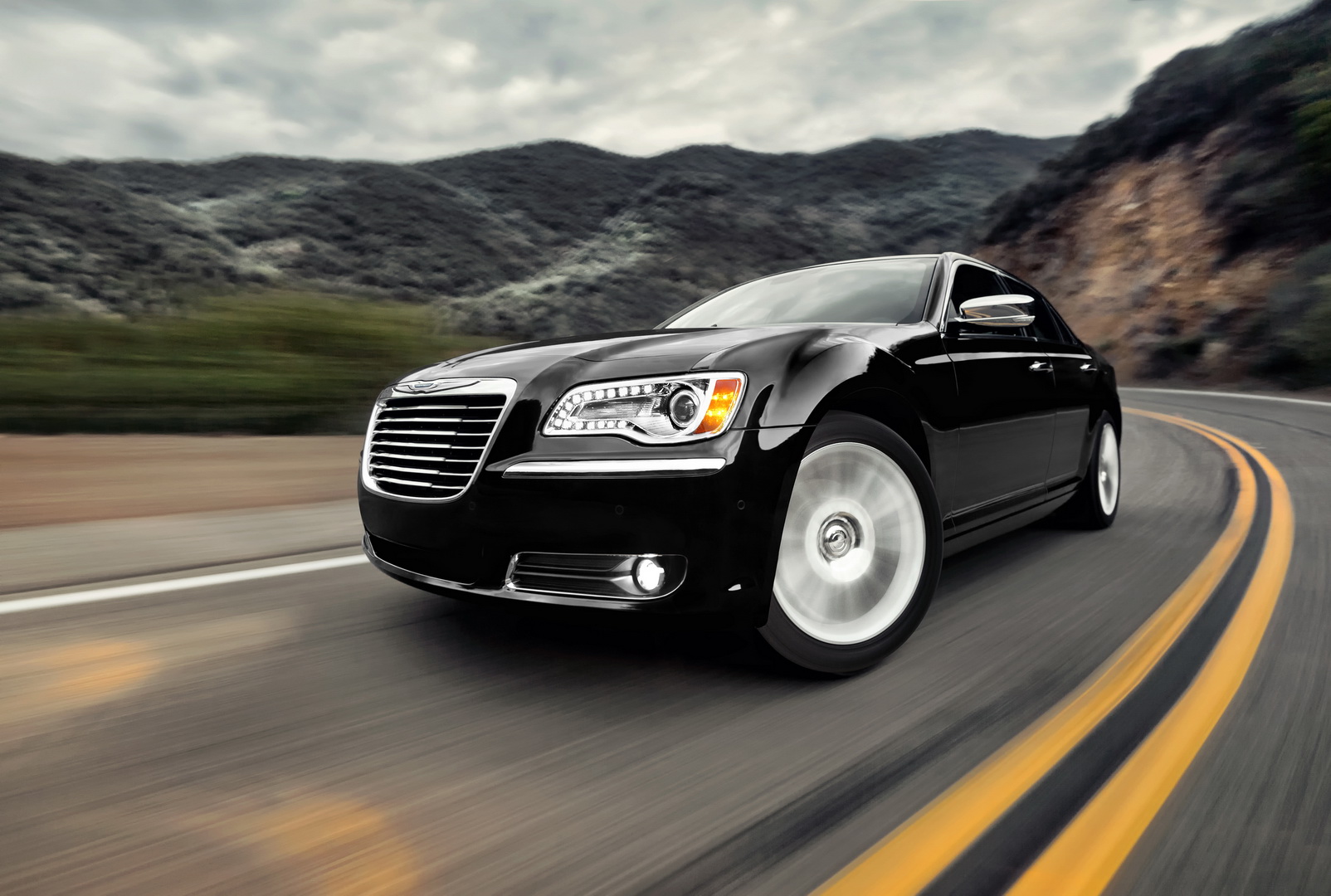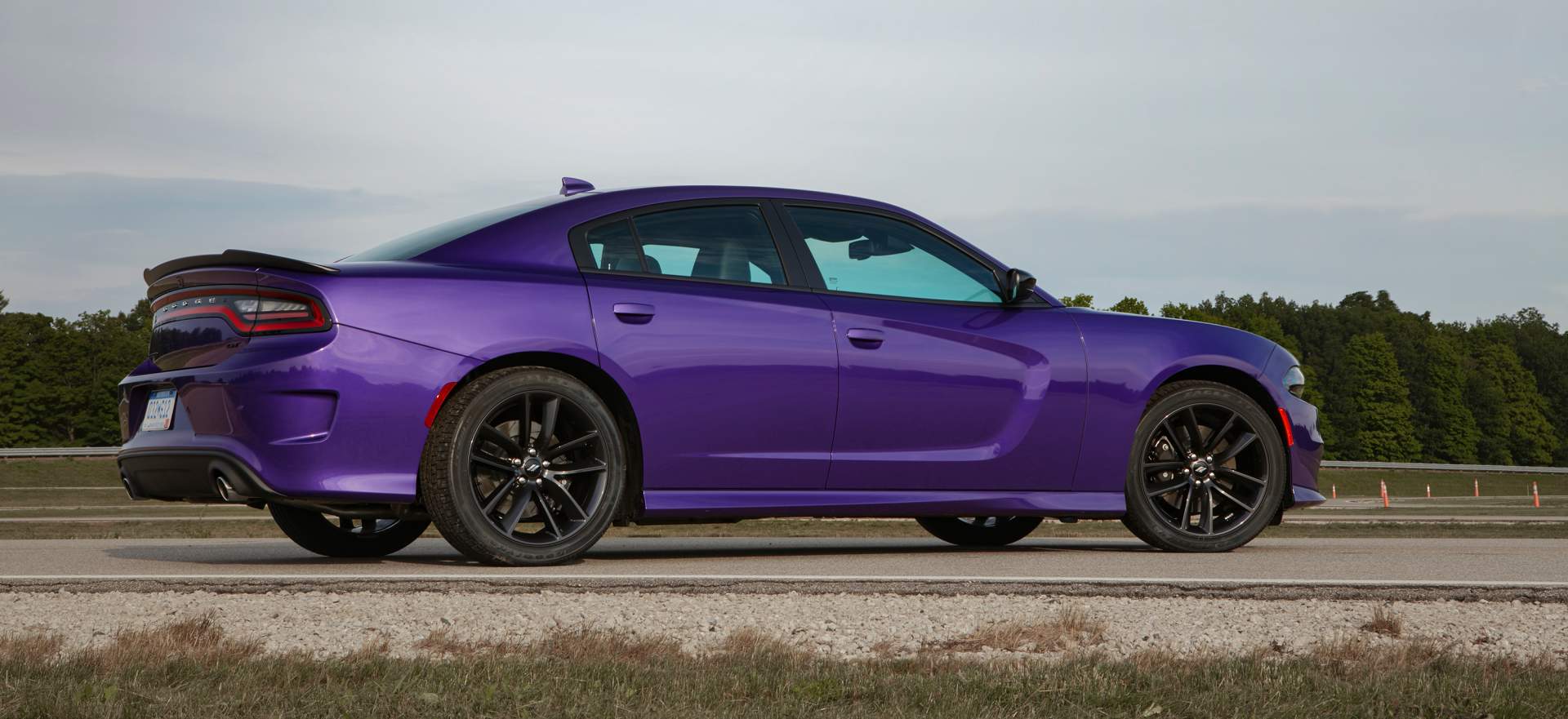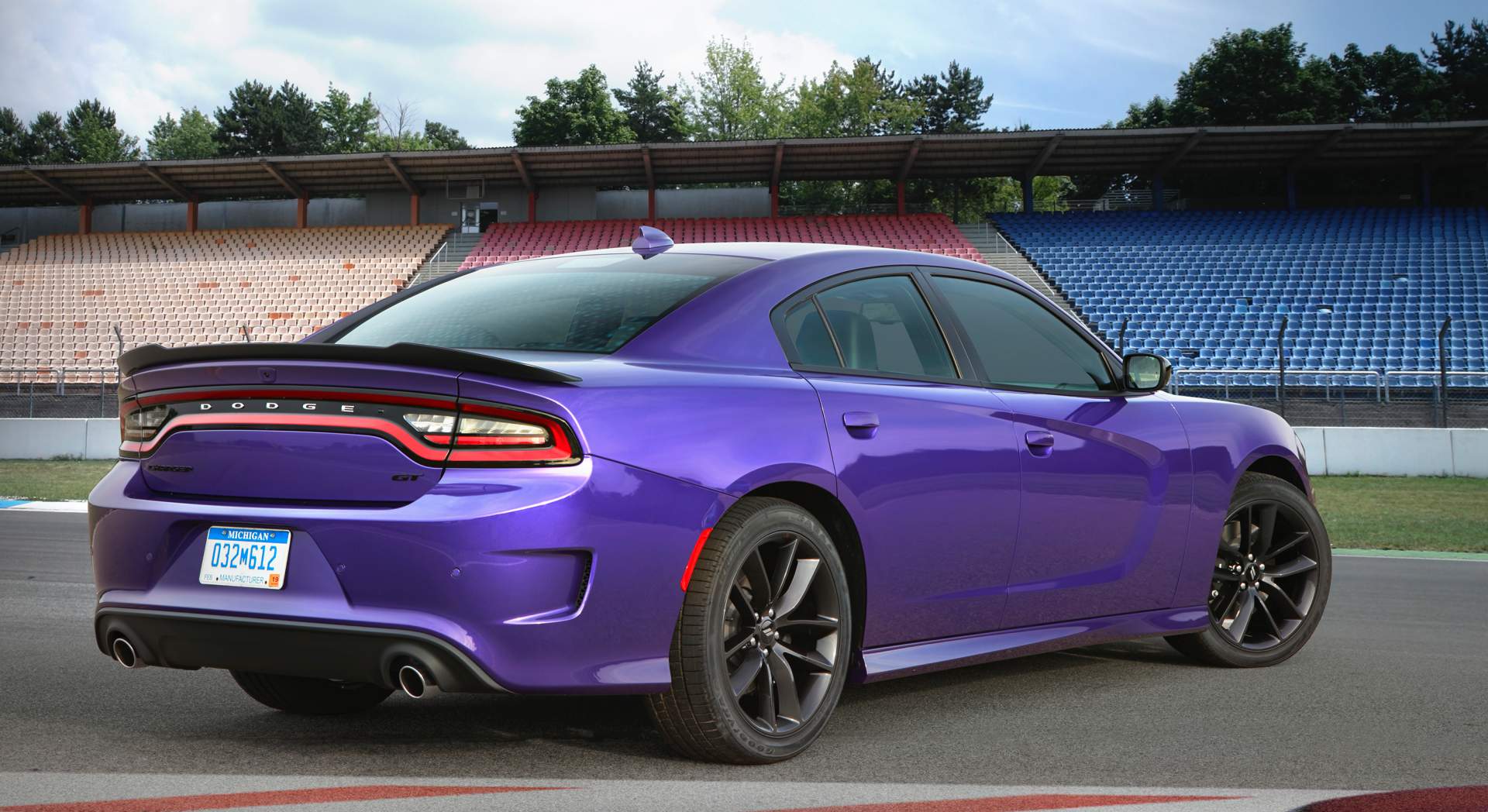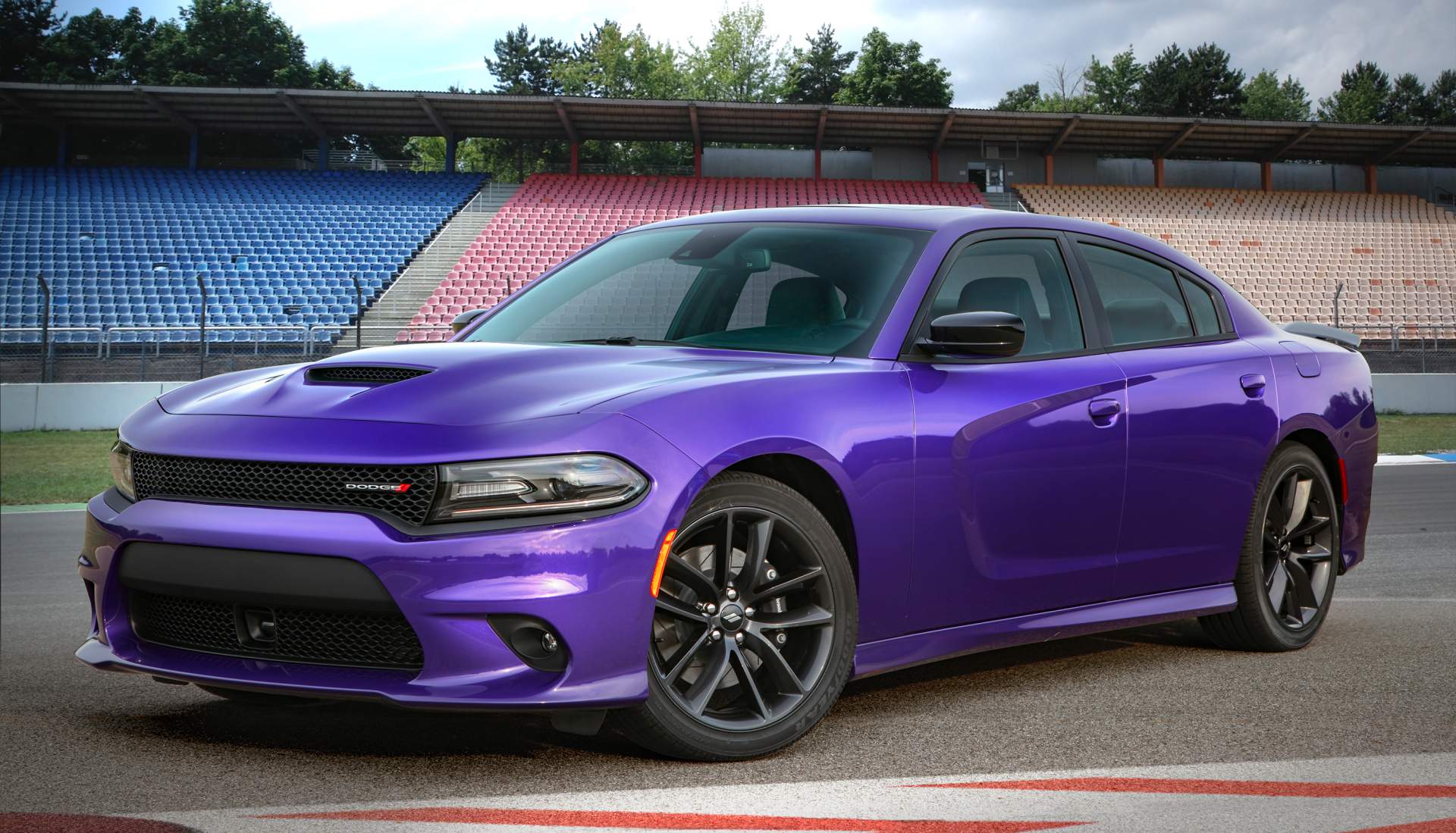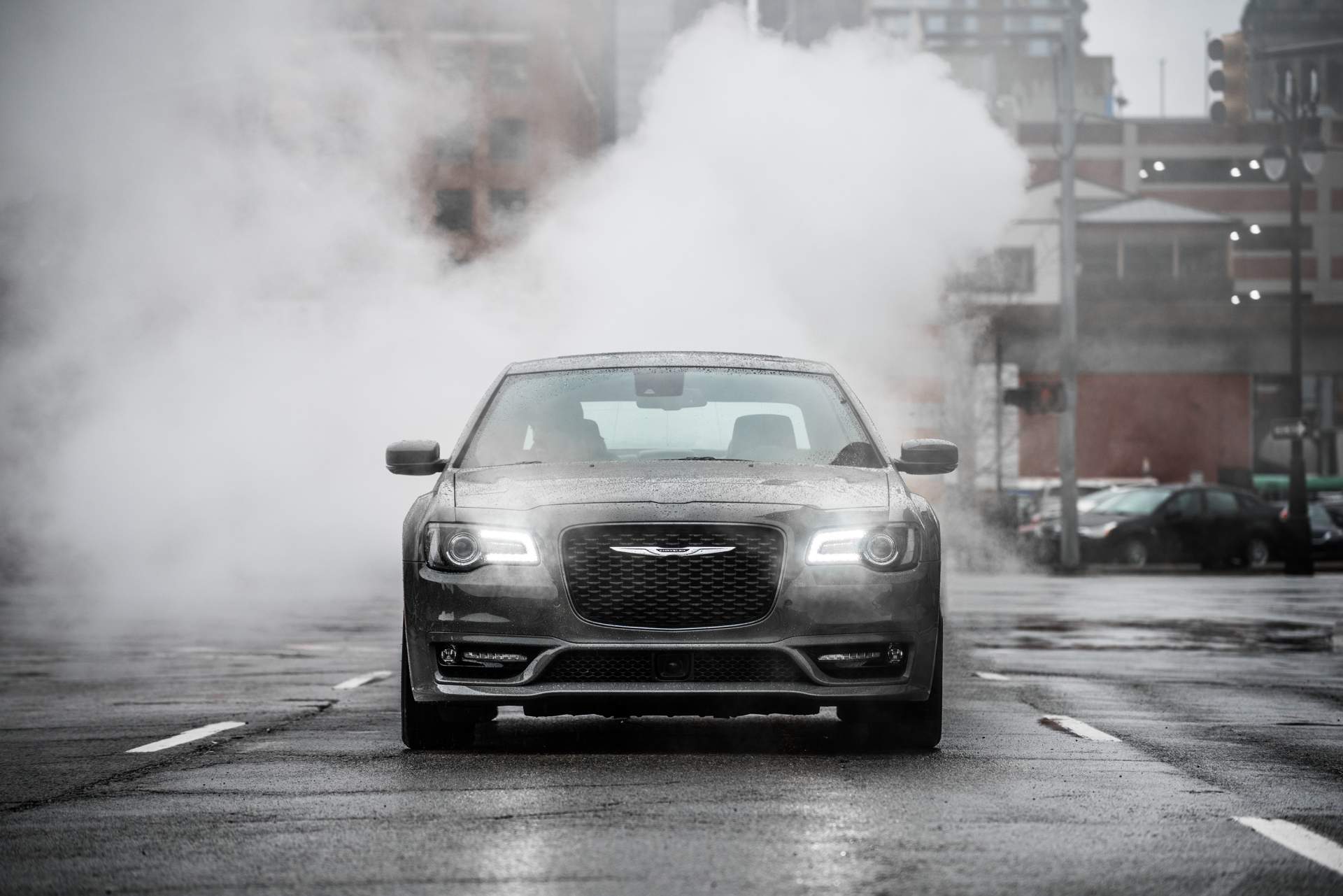The industry may be shifting away from typical passenger cars and producing SUVs and crossovers in increasing numbers, but Fiat Chrysler Automobiles doesn’t intend on slashing its car line-up like Ford did. Quite the opposite, in fact, as it sees a bright future for its cars.
As FCA has a number of manufacturers under its wing, it’s been able to determine which of its brands will remain focused on passenger cars and which won’t.
Speaking with Automobile about this, head of FCA passenger car brands Steve Beahm used the example of how the Dodge Challenger and Charger continue to sell well despite their age.
“I can’t deny that there has been a trend of fewer passenger cars across the industry,” he admitted.
“I think that our company saw that maybe quicker than some others. And we made steps or changes within the company to deal with that. What we decided was that once that happened, our job was to [ask,] ‘How do we differentiate within the brands that are going to remain passenger-car brands?’ ”
According to Beahm, one of the reasons behind the continued success of the Challenger and Charger, despite their age, are the unique designs they have, ensuring they stand out from rivals.
With this in mind, FCA sees little point in overhauling the Challenger and Charger. A couple years ago, the late Sergio Marchionne said the duo would be updated and based around the Giorgio platform of the Giulia and Stelvio. However, the company has since changed its plans and will simply update the existing Challenger and Charger platform when the time comes to launch the next generation.
“I’m going to use a bad phrase here, maybe. It’s like fine wine, it keeps getting better with time,” Beahm said of the platform used.
The the Chrysler 300 is another story altogether. The company intended on replacing the existing 300 with a new sedan underpinned by the front-wheel drive platform of the Chrysler Pacifica. Plans appear to have changed again, and FCA has said it will only sell the 300 until the end of this year, which leads us to believe that a successor (or at least a revamp) is due for 2020.
“In terms of its (sales) performance, it’s doing great,” Beahm said about the big Chrysler sedan. “We like where it’s positioned; it provides great value. It’s a lot of car for the money.” He also agreed with the Automobile journalist that switching the 300 to a front-wheel drive platform was a bad idea.
If the Dodge Challenger and Charger prove anything, it’s that FCA customers are rather fond of vehicles that stand out, even if they have outdated underpinnings. Who knows, the Chrysler 300 may set sales charts alight if it remains in production for the long term.



